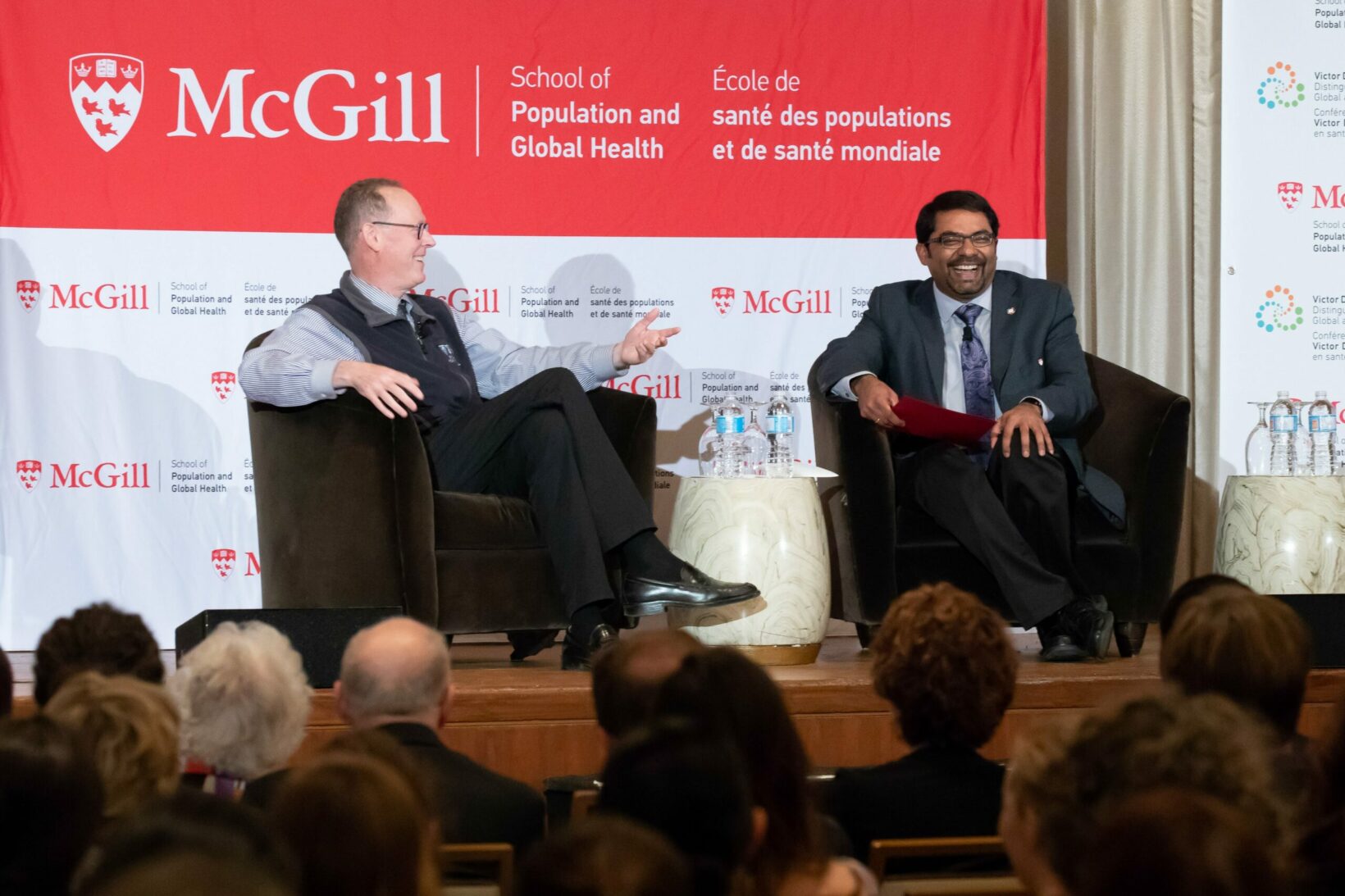
By Andrea Jenkins
The McGill Faculty of Medicine’s new School of Population and Global Health (SPGH) marked an important milestone in its evolution on May 14 when Dr. Paul Farmer, co-founder of Partners in Health and a professor at Harvard University, delivered the inaugural Victor Dzau and Ruth Cooper-Dzau Distinguished Lecture in Global and Population Health. Made possible thanks to a generous endowment from McGill alumni Dr. Victor Dzau and Ruth Cooper-Dzau, the new lecture series was developed to serve as a platform for examining pressing topics in global and population health through the lens of world-renowned leaders and experts.
The lecture, held at the Omni Hotel on Sherbrooke Street, took the form of a conversation between Dr. Farmer and Dr. Madhukar Pai, Director of McGill Global Health Programs. Throughout the discussion, Dr. Farmer spoke candidly on a wide range of topics, from the unpredictability of life to the path that interdisciplinary work can take. Sharing from his personal experience, Dr. Farmer credited his desire to become a doctor to a work of fiction and his decision to switch majors in his senior year at Duke University to a course reading written by psychiatrist and medical anthropologist, Dr. Arthur Kleinman. During the course of the conversational-style lecture between the two world-renowned Tuberculosis experts, a wide variety of topics were covered, with references to Lord of the Rings, Brexit and Arcade Fire complementing discussions about Dr. Farmer’s work in Haiti and around the world in the context of global health.
For those with a desire to follow in his footsteps and make their own difference in global health, Dr. Farmer emphasized the importance of pursuing work for which they are passionate and appreciating the community of people in one’s orbit who collectively, and inevitably, contribute to forming one’s sense of what is possible.
Asked what makes health such a hard sell, Dr. Farmer turned his attention back to the importance of education in shaping a worldview that for many elites he feels is, “socialized for scarcity on behalf of other people.” In order to take a corrective approach within global health, Dr. Farmer underscored the role of the colonial past which created a system aimed at caring for subjects as property rather than citizens. To combat this approach, he believes that global health professionals should be prepared to make an economic argument as a matter of exercise but recognize that economic priorities do not replace the idea of health as an essential human right. Pathways are there for Canada to act on its potential to become a global health leader despite criticisms that its own colonial past and current system provides inadequate delivery of health services to indigenous persons and undermines the credibility of its platform in this field.
In Dr. Farmer’s view, the SPGH will be indispensable for its ability to bring together disciplines across McGill to engage in global health equity and articulate the economic argument for reducing the global burden of disease. Dr. Farmer sees the potential for learning in a post-colonial reality and finding a way forward through partnership, asserting, “Just because we historically don’t have a voice, doesn’t mean we can’t.”
If you were unable to attend the lecture, you can view the discussion in its entirety here.
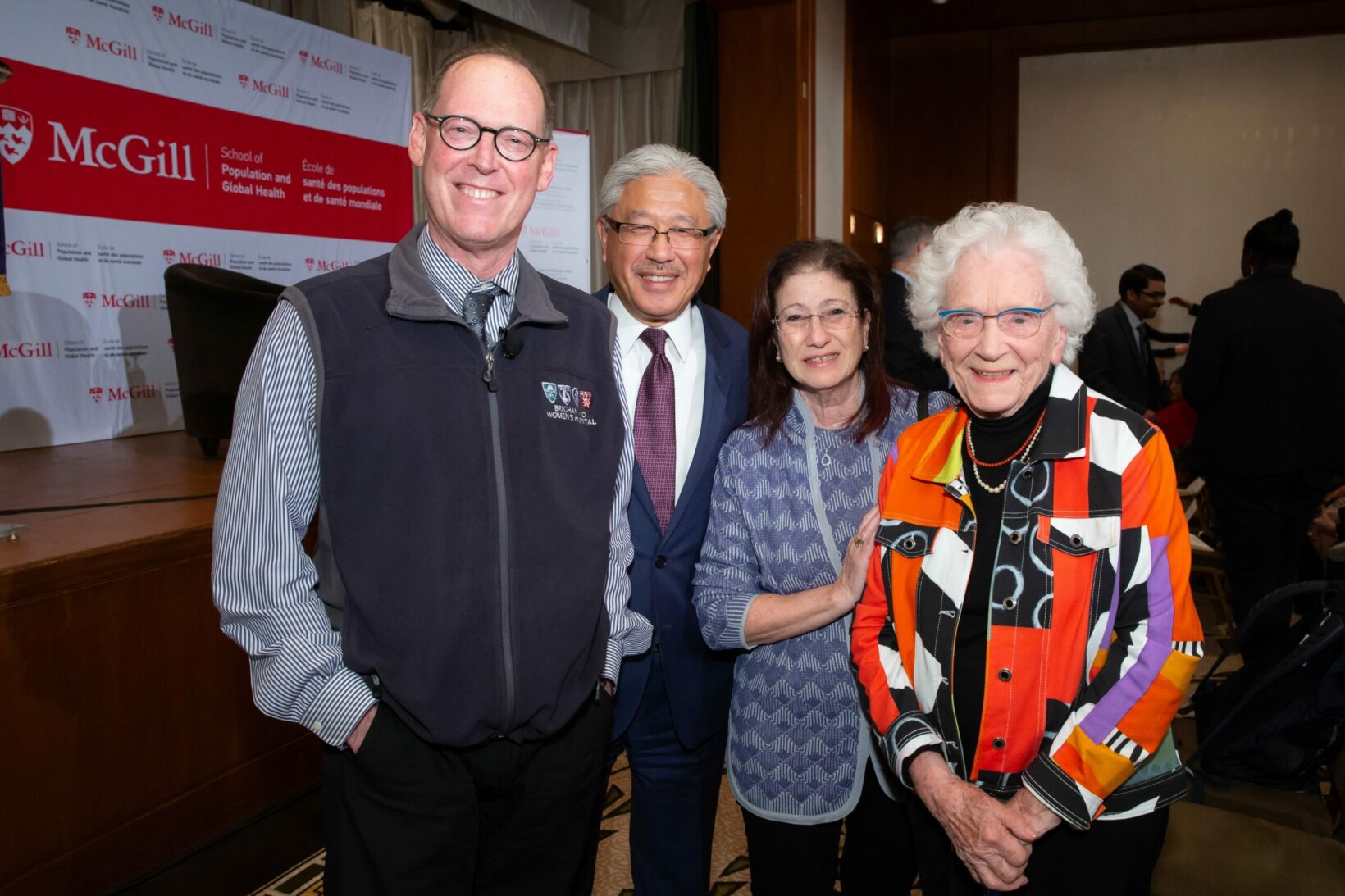
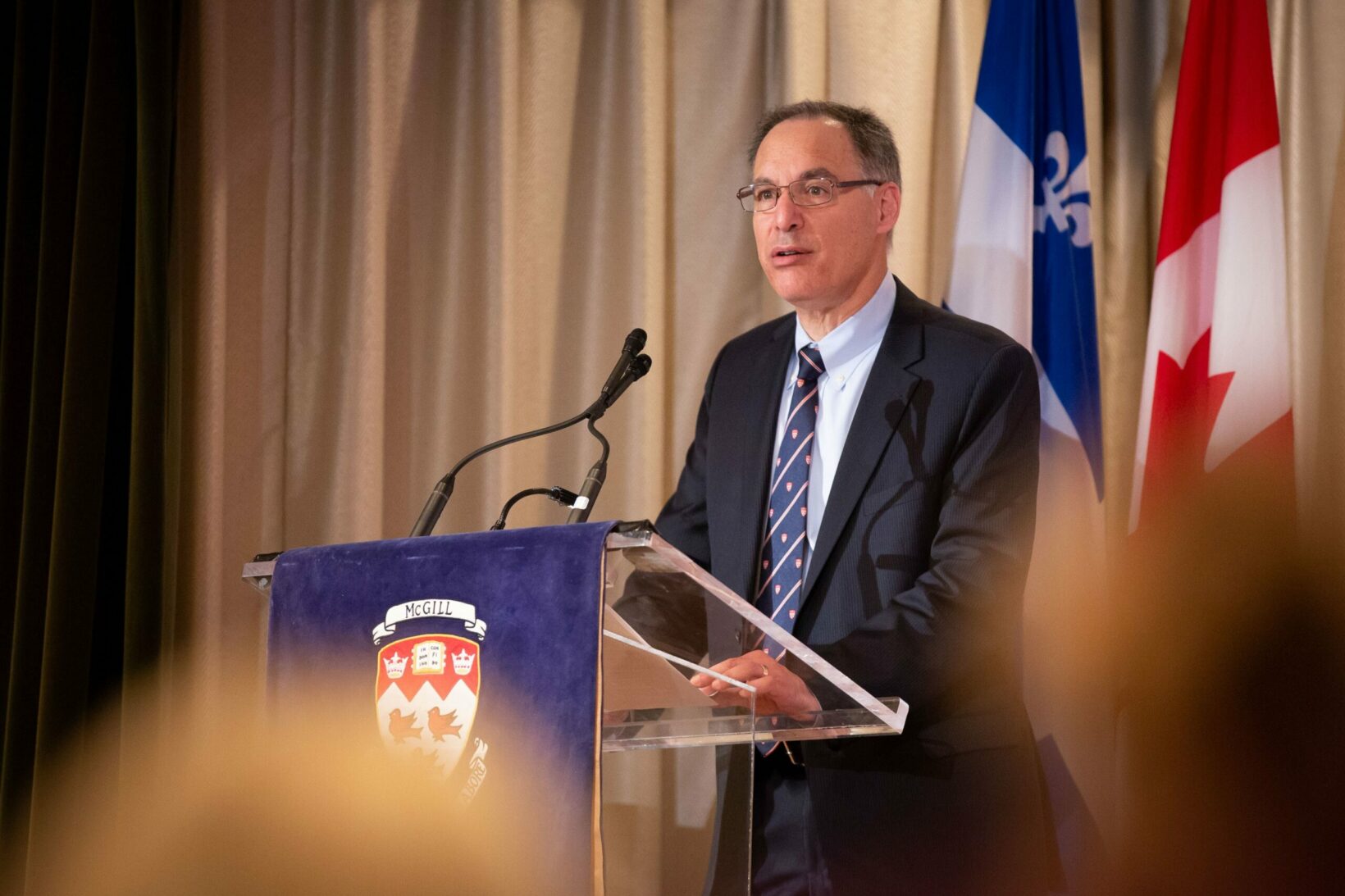
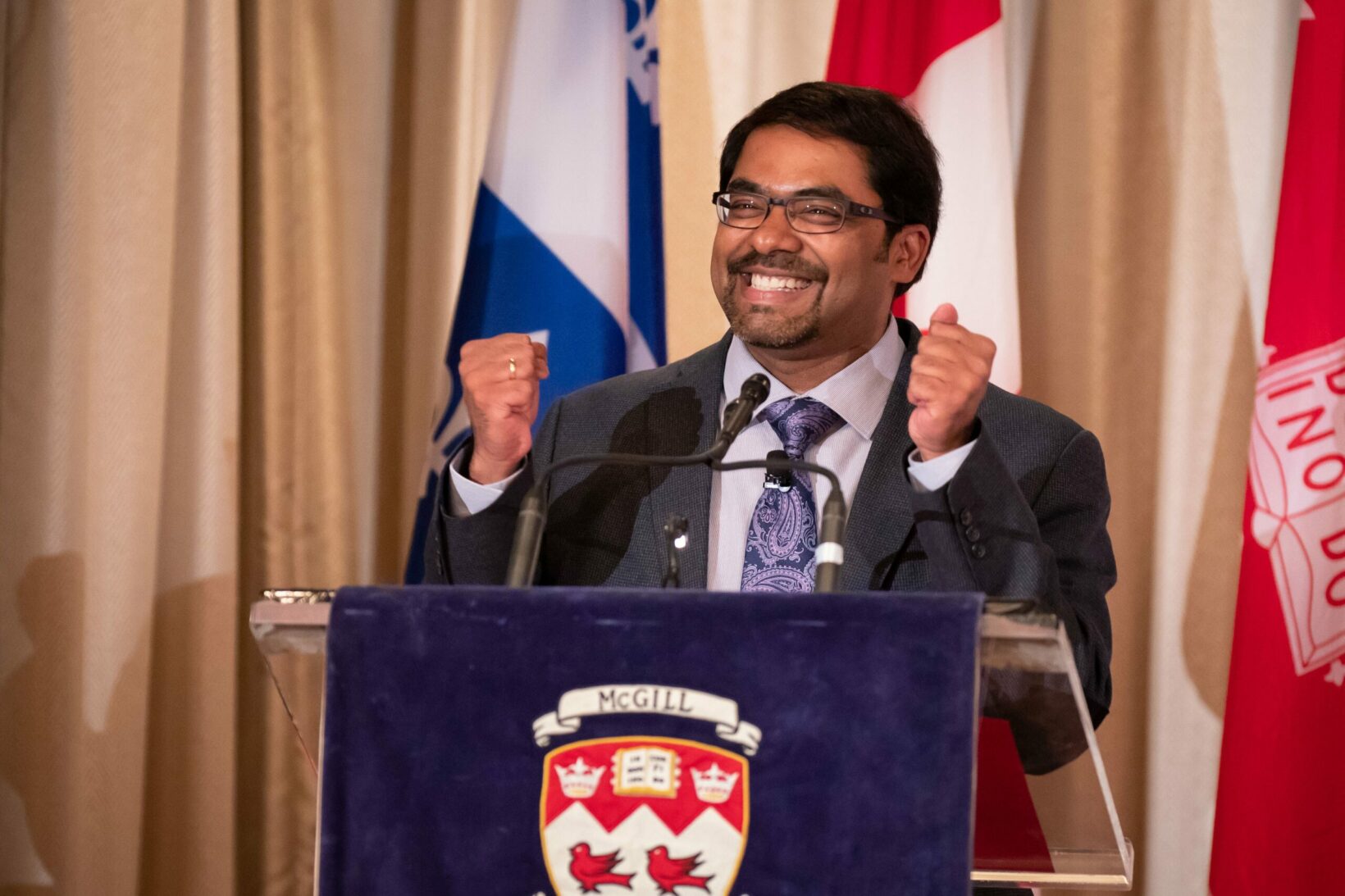
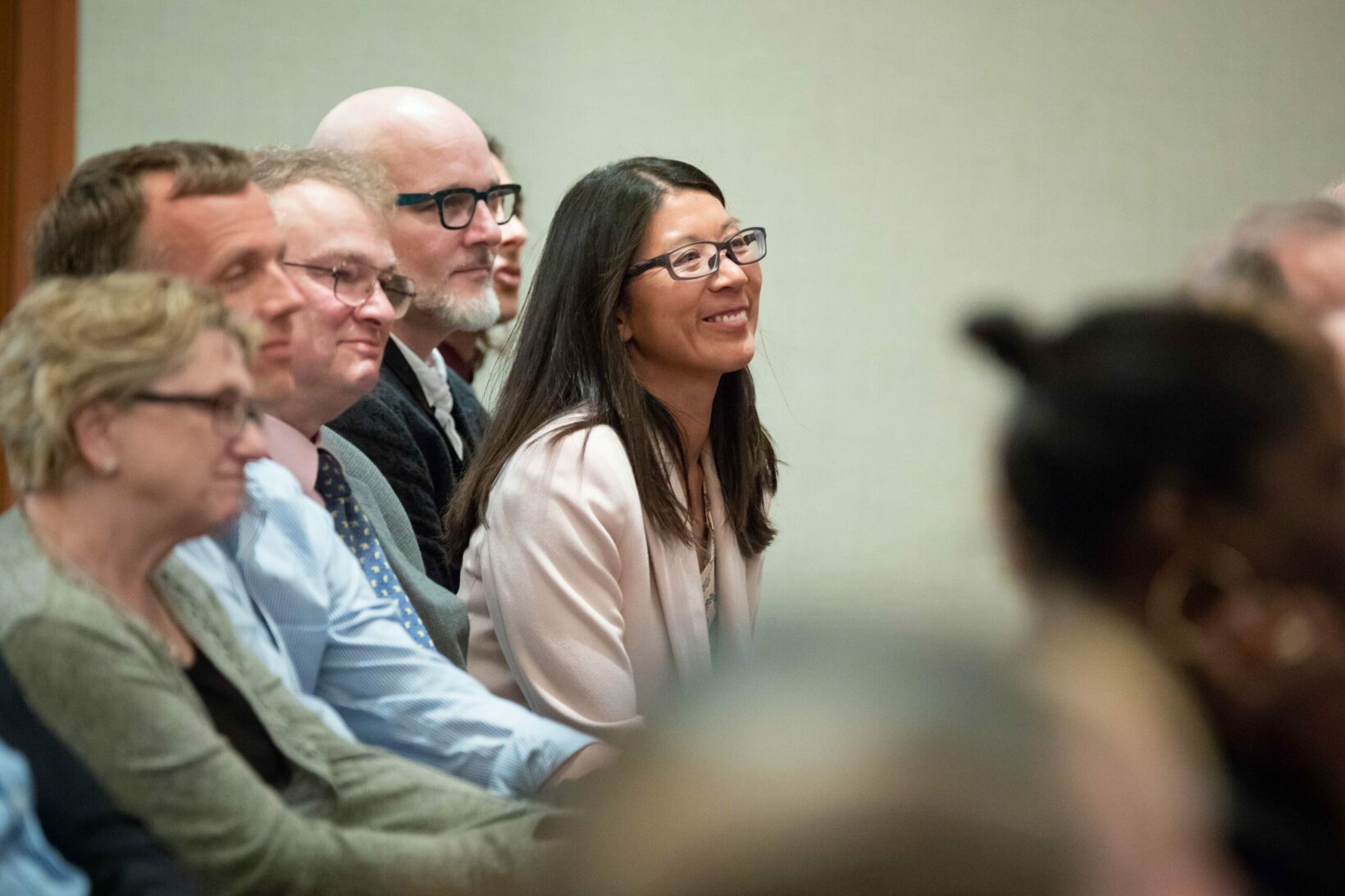

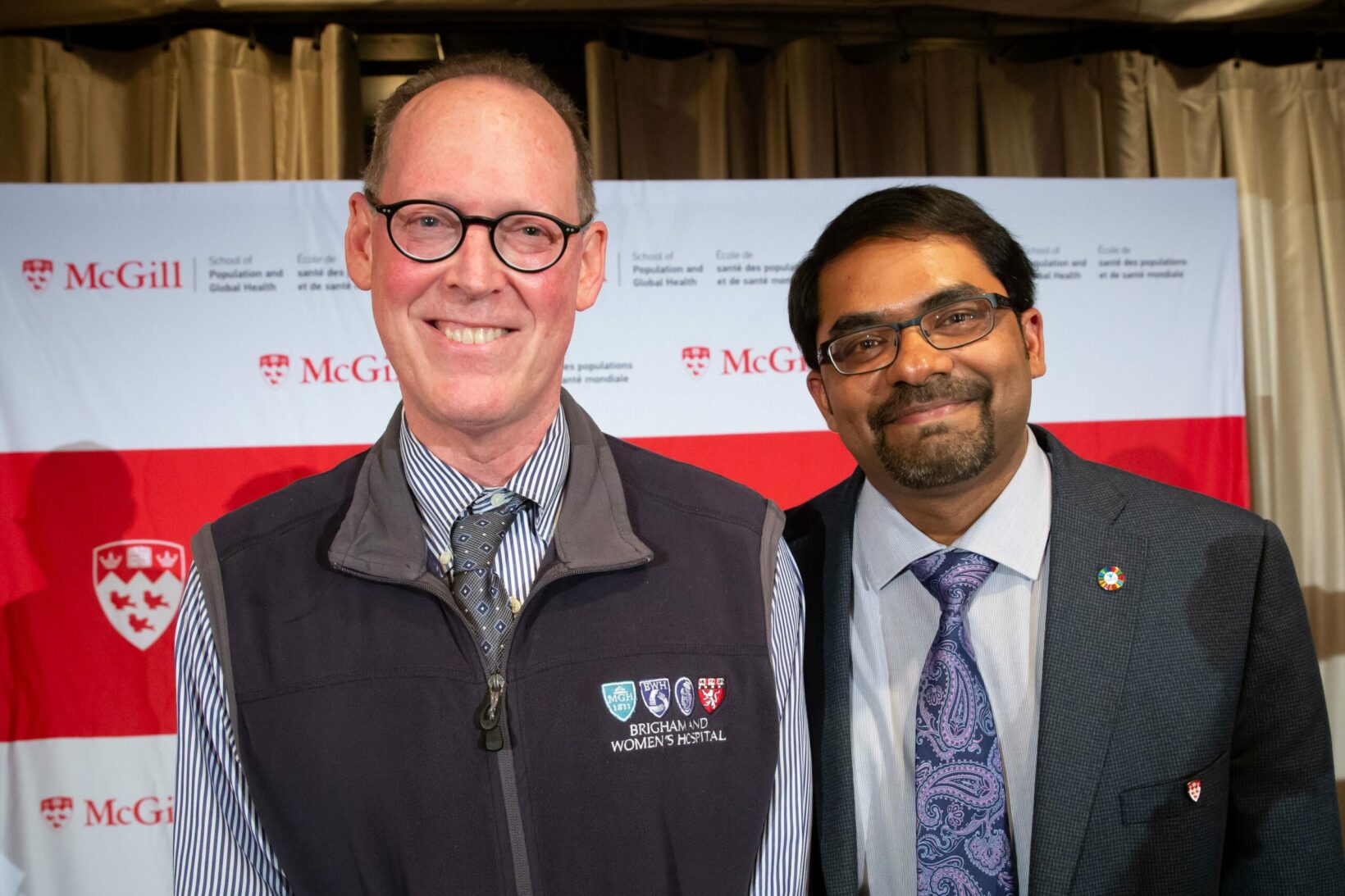
May 18, 2018
